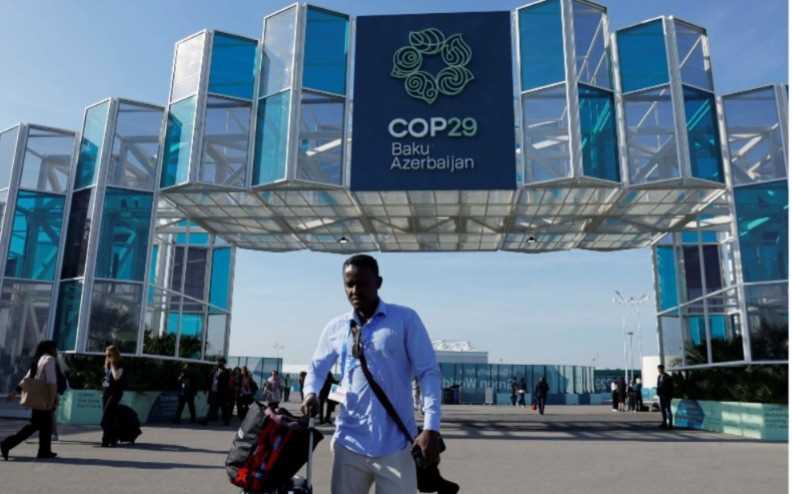
A new draft agreement at the United Nations climate talks on Friday proposed that wealthy nations provide US$250 billion annually to support poorer countries in addressing global warming. However, the proposal has faced immediate backlash from African nations and climate activists, who deemed the figure insufficient given the escalating climate crisis.
The contentious proposal comes as the COP29 summit in Baku, hosted by Azerbaijan, struggles to resolve key differences before its scheduled conclusion. The draft aims to raise US$1.3 trillion annually by 2035, leveraging both public and private sector contributions. It is the first time concrete funding numbers have been formally proposed during the two weeks of negotiations.
Developing nations, which had called for a substantial increase in the existing $100 billion annual pledge, expressed disappointment. Ali Mohamed, chair of the African Group of Negotiators, criticized the US$250 billion target as "totally unacceptable" and inadequate to meet the commitments of the Paris Agreement.
“This will lead to unacceptable loss of life in Africa and across the globe and imperils the future of our planet,” he said.
Environmental groups echoed the sentiment. Friederike Roder of Global Citizen labeled the proposal "not big enough, not fast enough, not good enough," while Greenpeace’s Jasper Inventor called it "outrageously below the needs of developing countries."
Despite the criticism, wealthier nations, including the United States, have resisted calls for larger financial commitments. A senior U.S. official, part of outgoing President Joe Biden’s team, said achieving the existing US$100 billion goal had been challenging, and raising US$250 billion would require unprecedented efforts.
Developing countries, led by a coalition of 134 nations including China, have demanded at least US $500 billion annually from developed nations. However, wealthy countries, including the European Union, argue that private-sector funding must play a significant role. They have also called on emerging economies like China, the world’s largest emitter, to contribute to the overall goal.
Related Stories
COP29 host Azerbaijan defended the proposed US$250 billion target, stating it reflected submissions made by rich nations during negotiations. It promised to continue refining the text to address outstanding issues.
“No deal is better than a bad deal,” said Mohamed Adow of the Climate Action Network, emphasizing the importance of meaningful action over compromise.
Fossil Fuel Phase-Out Stalemate
While financial commitments remain a major sticking point, another heated debate centers on phasing out fossil fuels. Last year’s COP28 summit in Dubai called for a global transition away from coal, oil, and gas. However, some nations, including Saudi Arabia, oppose language targeting specific sectors.
German Foreign Minister Annalena Baerbock criticized Saudi Arabia’s stance, stressing the importance of maintaining last year’s commitment to a fossil fuel transition.\
The climate talks come during what is set to be the hottest year in recorded history. Since COP29 began on November 11, devastating storms have hit the Philippines and Honduras, Ecuador has declared a national emergency due to drought and wildfires, and Spain has endured historic floods.
As the summit approaches its end, divisions over finance and fossil fuels underscore the immense challenges of reaching a global consensus on combating climate change.











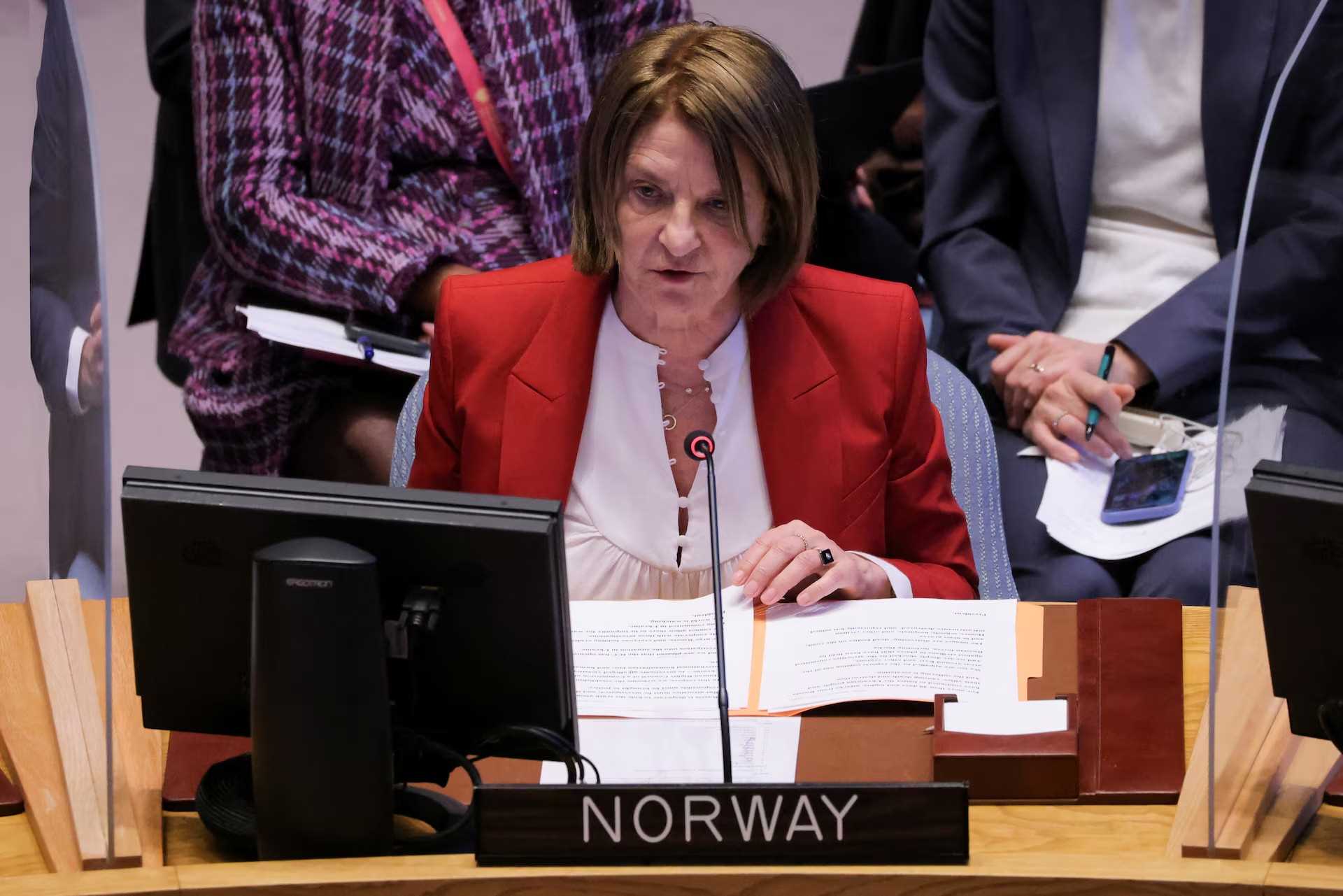
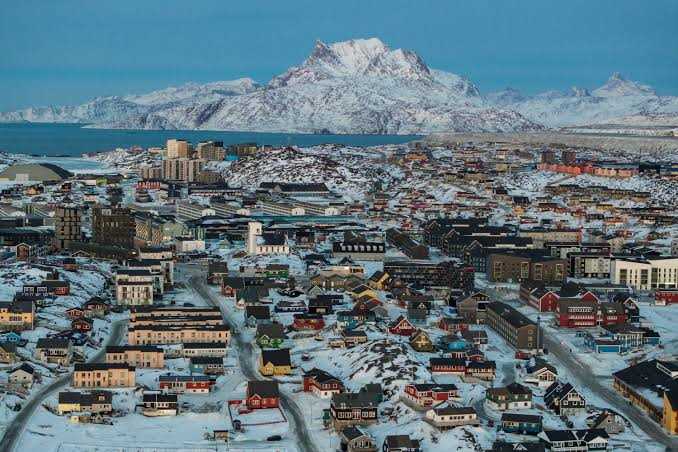



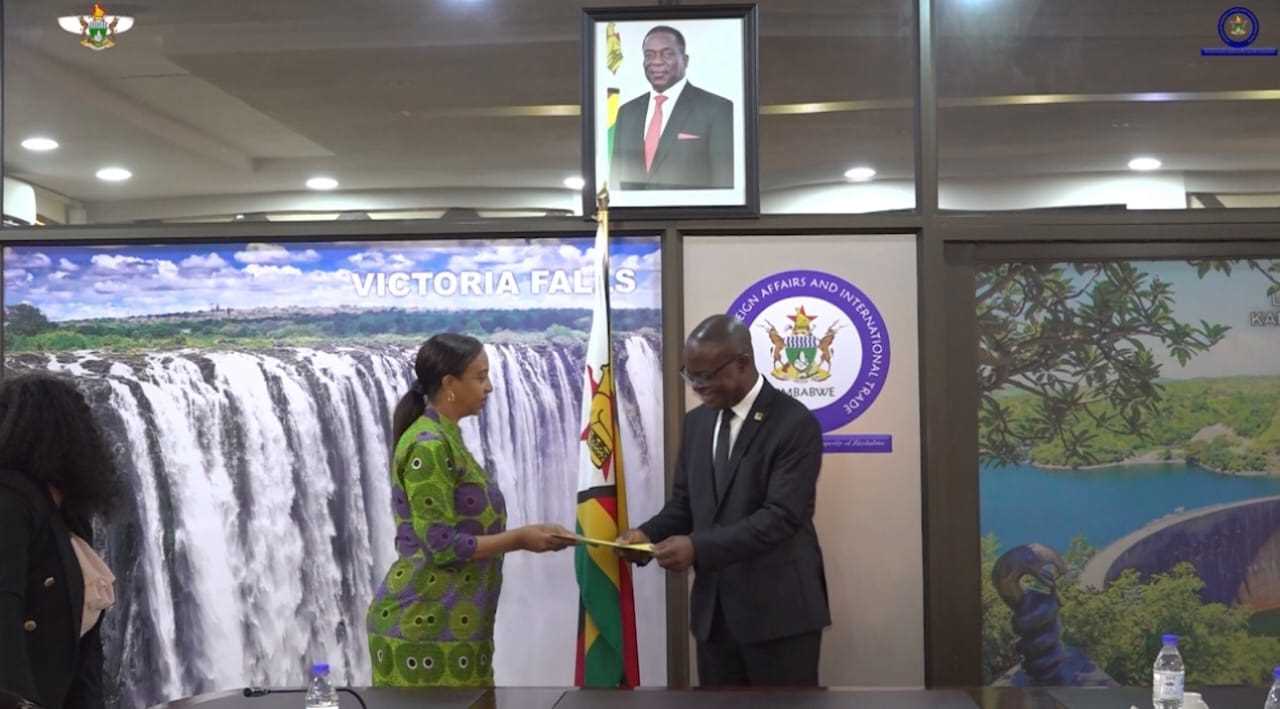
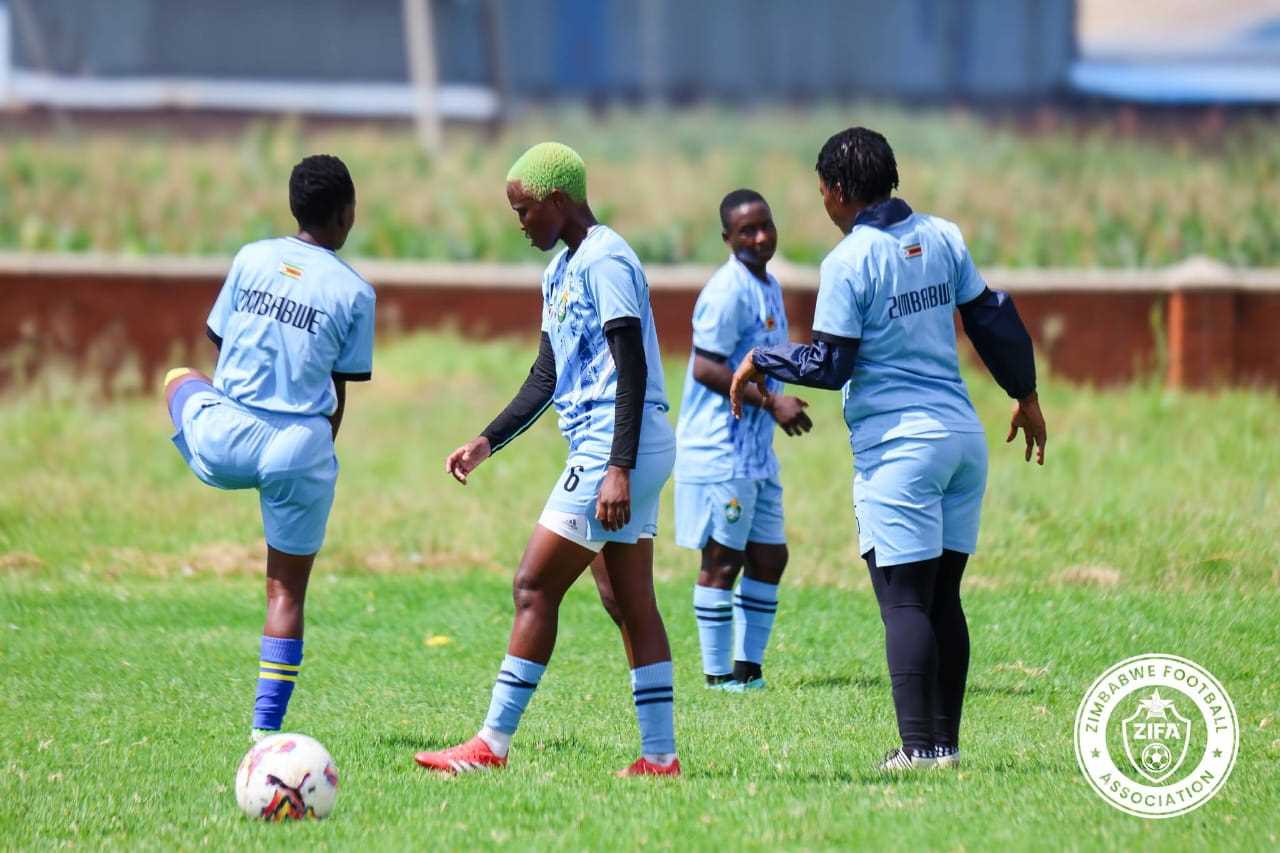


Leave Comments